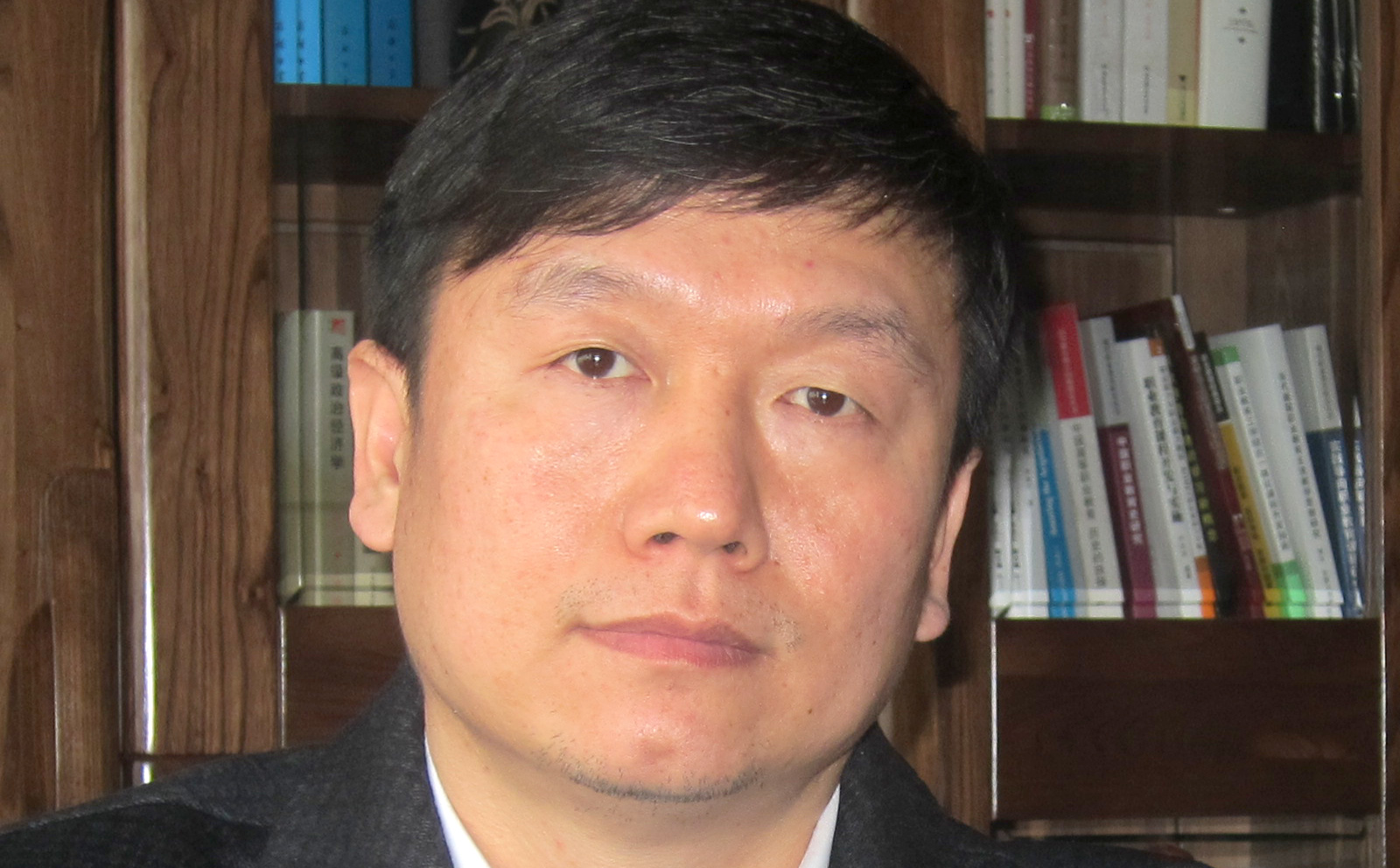LIANG JIANHONG: Use of natural science methods in economics problematic
 Throughout the course of its development, Western economics has shown a tendency to imitate the methodology of natural science in an effort to make the field more objective and scientifically rigorous. This is the main reason that economics, as a social science, is eligible for the Nobel Prize, the highest award for natural science.
Throughout the course of its development, Western economics has shown a tendency to imitate the methodology of natural science in an effort to make the field more objective and scientifically rigorous. This is the main reason that economics, as a social science, is eligible for the Nobel Prize, the highest award for natural science.
But in addition to enriching the study of economics, efforts to mimic natural science have also been problematic. Economic methods and the theories based on these methods have fallen short in many respects.
First and foremost, Western economics in the contemporary era does not study the relationships among people but rather the economic relationships among objects. This is the inevitable result of employing the methodology of natural science and a reflection of fetishism consciousness in the capitalist mode of production.
Research methods depend on the object of study. Much like natural science, which studies physical objects, Western economics chooses to focus on the physical nature of its research object while regarding people as objects without consciousness.
There is some validity in this viewpoint, considering that various forms of objects occupy an important position in the economic world and ought to be part of economic study. However, an economy is the sum of economic activities by people, and human relations form the basis of material relations.
No matter how complicated its model is or the soundness of the logic its theory is based on, economics that emphasizes the importance of things and neglects the human factor will end up being phenomenon research that fails to get to the root of the economic matter.
Furthermore, arguments that follow this path tend to be inflexible and rigid. Because it employs the methodology of natural science, economics has been heralded as the highest form of social science. Moreover, the Nobel Prize for economics has further strengthened the authority of economic methods. But, the credit given to Western economics by society is disproportionate to its actual contribution. The methodology of natural science is just a supportive element, but economists have relied heavily on it.
The existing model of research adheres to the accepted formula of studying how mankind, assumed to be a rational economic actor, weighs cost against benefit to maximize personal advantage under given conditions.
In terms of the basic dimensions of academic research, such as theories, standpoints, methods and data, the model of mainstream Western economics is hindered by three rigid modes of thinking. It applies the theories of neoclassical economics, focuses on the self-interested view of rational economic man, and uses methods that emphasize fetishism consciousness and data updating. This process of argumentation rejects new concepts, ideas and methods, which in turn further stereotypes the economic methods.
Also, the methodology of mainstream Western economics falls short in its ability to analyze the real economy. It seems that it ignores the primary function of the discipline, which is to solve real problems.
The evolutionary economist Geoffrey Martin Hodgson pointed out that a large number of outstanding economists who have probed deeply into real problems are not those who have received professional training in Western economics. Those who are formally schooled tend to have little interest in practical problems. They choose to contribute symbols and formula instead of dealing with problems in reality.
Strict hypothesis, rigorous logic and accurate deduction are ironically drawing Western economics further away from reality even as they attempt to elevate research to the level of hard science. Because it fails to offer a reasonable interpretation of reality, the policy guidance it provides has little realistic value.
Despite these dilemmas, Western economics has made a concerted effort to draw upon natural scientific methodology. Therefore, it can still be regarded as valuable and has definite implications for the construction of a socialist market economy.
For China, Western economics is an imported theory, after all. It is important to draw on its advantages while establishing a methodological system for Chinese economy in conformity with Marxist political economics that is adapted to the national situation. And the study of economics in China still must continue to evolve before it is capable of fulfilling its role in society.
Liang Jianhong is from the Institute of Development Strategy at the Tianjin Academy of Social Sciences.
